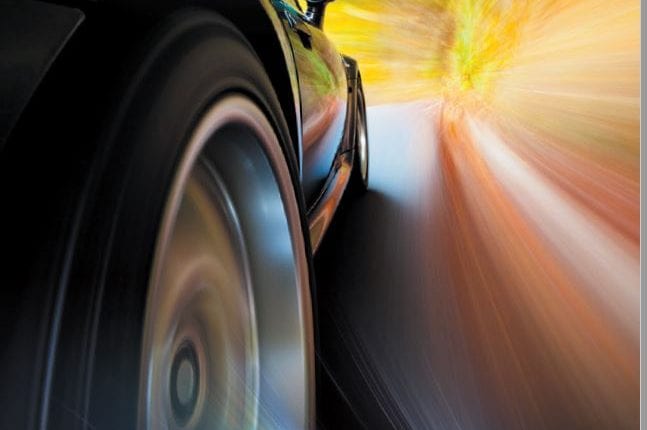[vc_row full_width=”stretch_row” css=”.vc_custom_1596124948550{background-color: #f1f1f1 !important;}”][vc_column width=”1/2″]
What are 4 x 4 tyres?
What is the difference between 4-wheel and all-wheel drive?
All-wheel vehicles are permanently in ‘all-wheel drive’ as each of the four wheels is handled by its own axle. The amount of power being delivered to the front or rear axles is determined by the vehicle’s on-board computer. Not all all-wheel vehicles are designed for off-road driving.[/vc_column_text][/vc_column][vc_column width=”1/2″]
Does it matter whether my vehicle is all-wheel or 4-wheel drive when choosing tyres?
Simply put, no. It is more important to choose your tyres according to whether you will drive your vehicle off road or not. If your driving is purely on regular roads, whatever your vehicle types, you can choose from the same range of tyres as any other vehicle owner. However, if you own an all-terrain vehicle (ATV) or a sport utility vehicle (SUV) and you drive off-road, on mud, turf, in fields or in snow, you’re more likely to need off-road tyres.
[/vc_column_text][/vc_column][/vc_row][vc_row full_width=”stretch_row” css=”.vc_custom_1613495359467{padding-top: 20px !important;padding-bottom: 20px !important;background-color: #f1f1f1 !important;}”][vc_column width=”1/2″]
I only drive off road occasionally, do I need off-road tyres?
So, if you only drive off-road occasionally there are tyres that are designed to perform well on the highway but that also have off road capability.[/vc_column_text]
Can I mix the tyres on my 4x4?
Do I need different tyres if I pull a trailer?
What’s the difference between all-terrain and mud-terrain tyres?
Mud tyres have a more aggressive tread that wears more quickly but handles extreme mud and snow. They also have tougher sidewalls designed to absorb the impact of rocks and other hazards encountered off the beaten track.[/vc_column_text][/vc_column][/vc_row][vc_row][vc_column]

